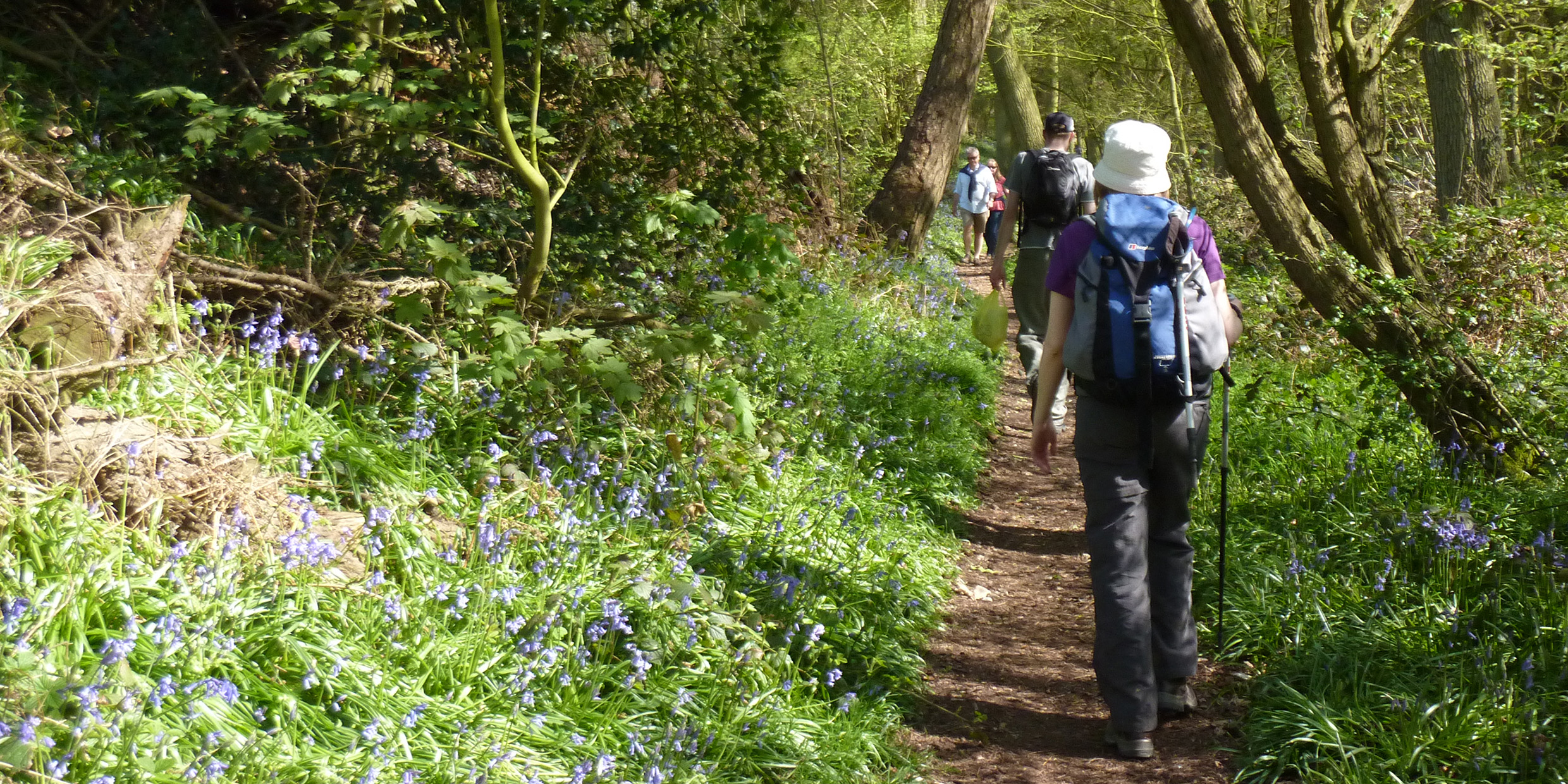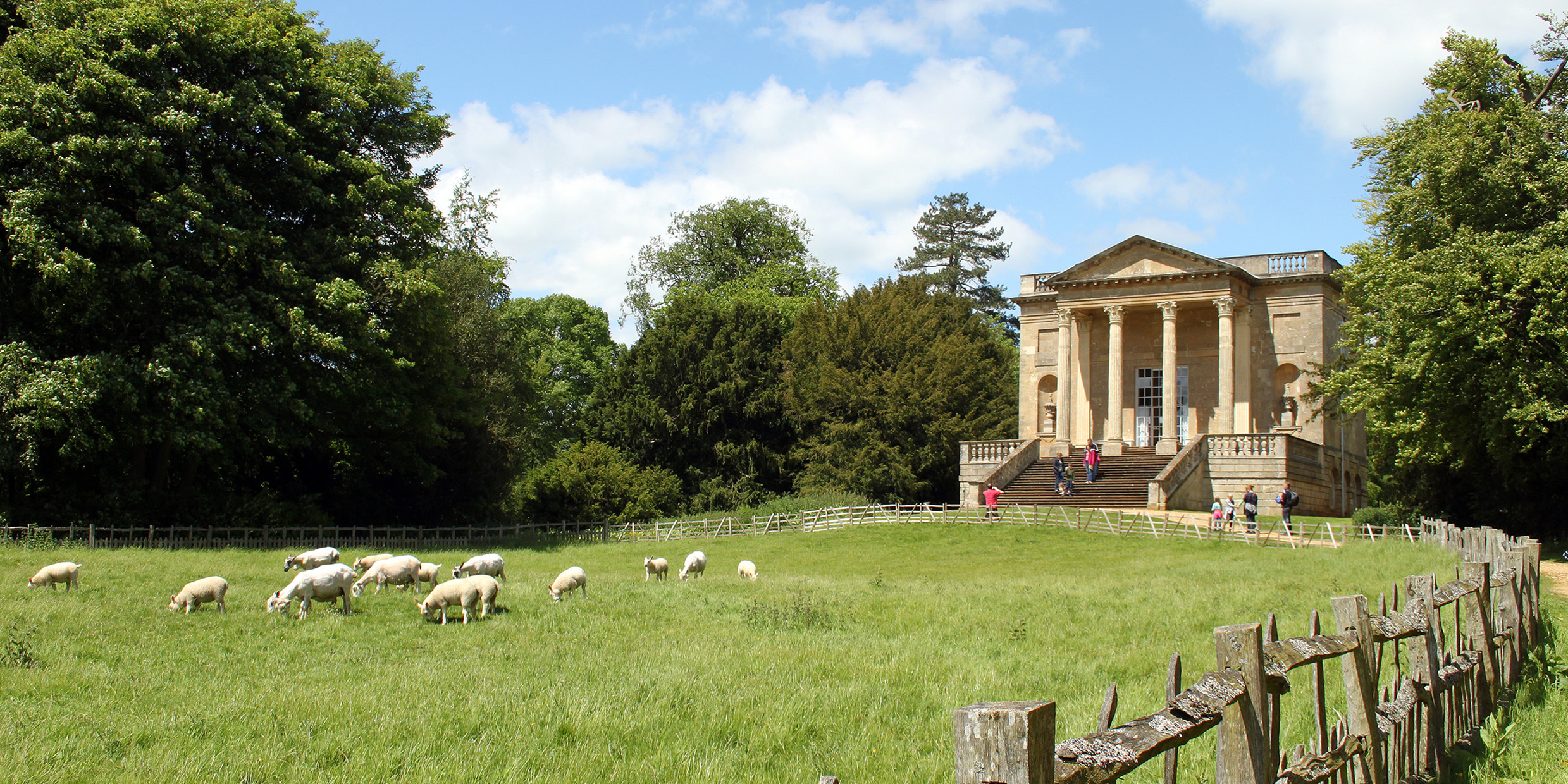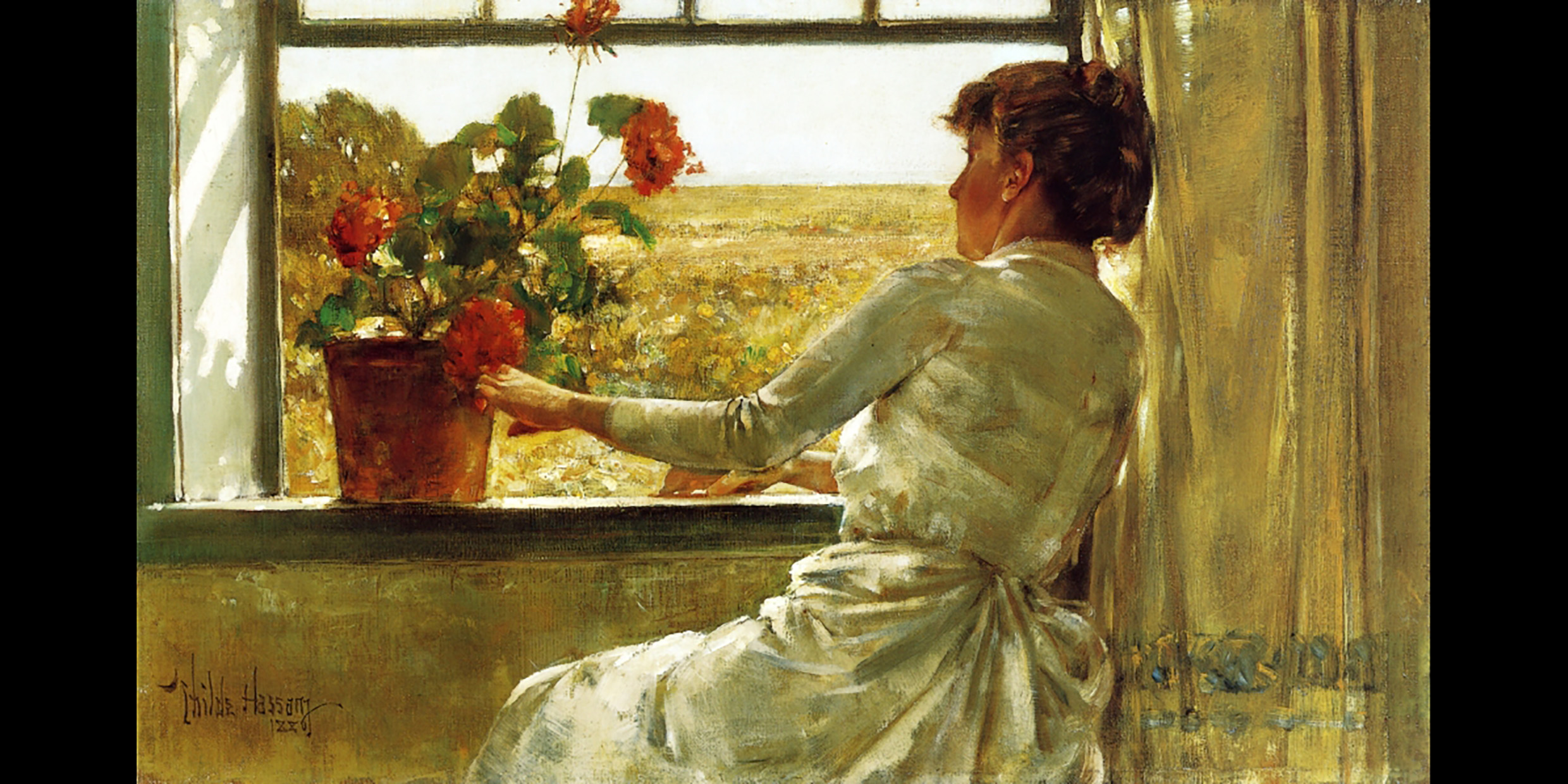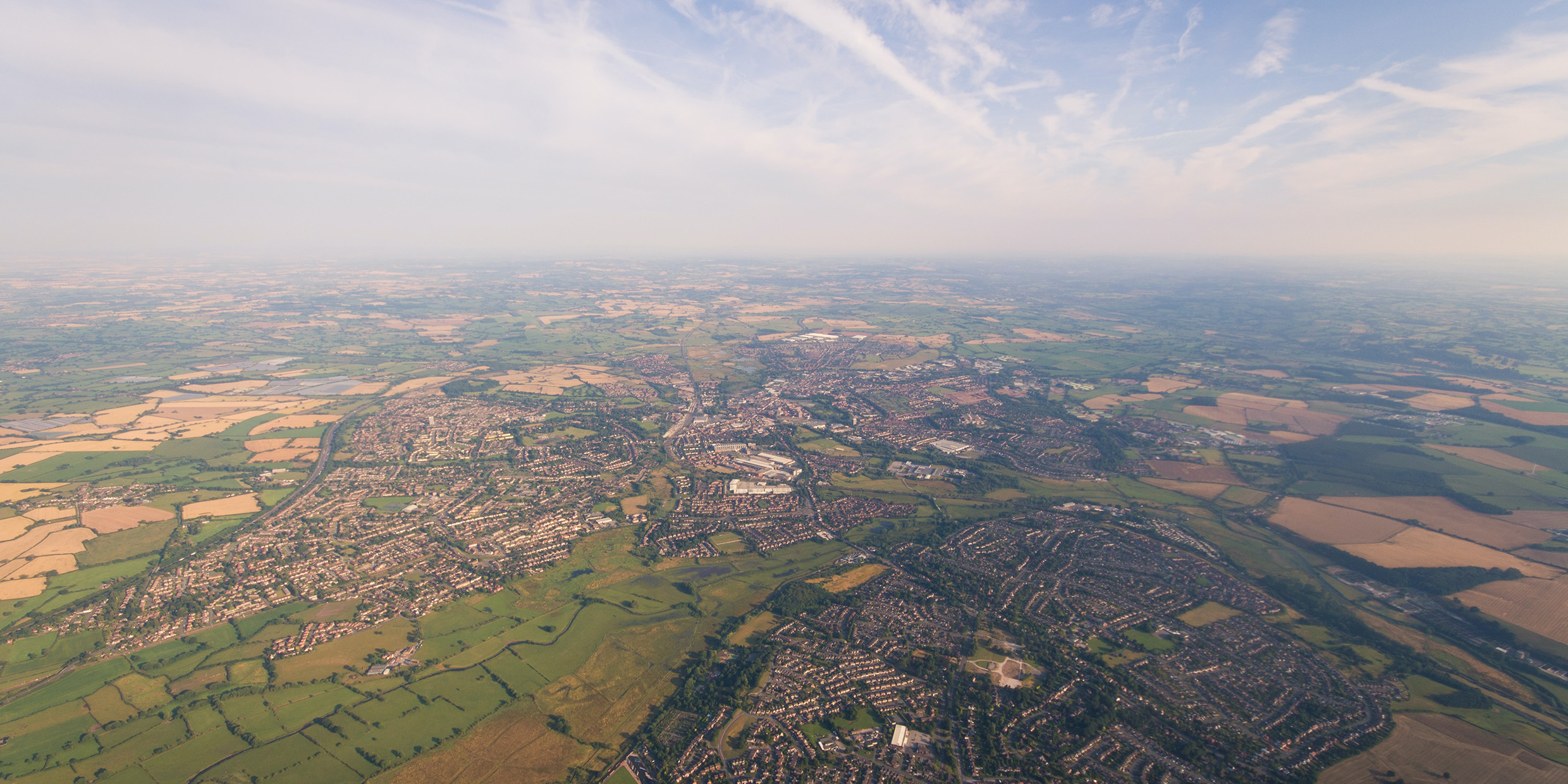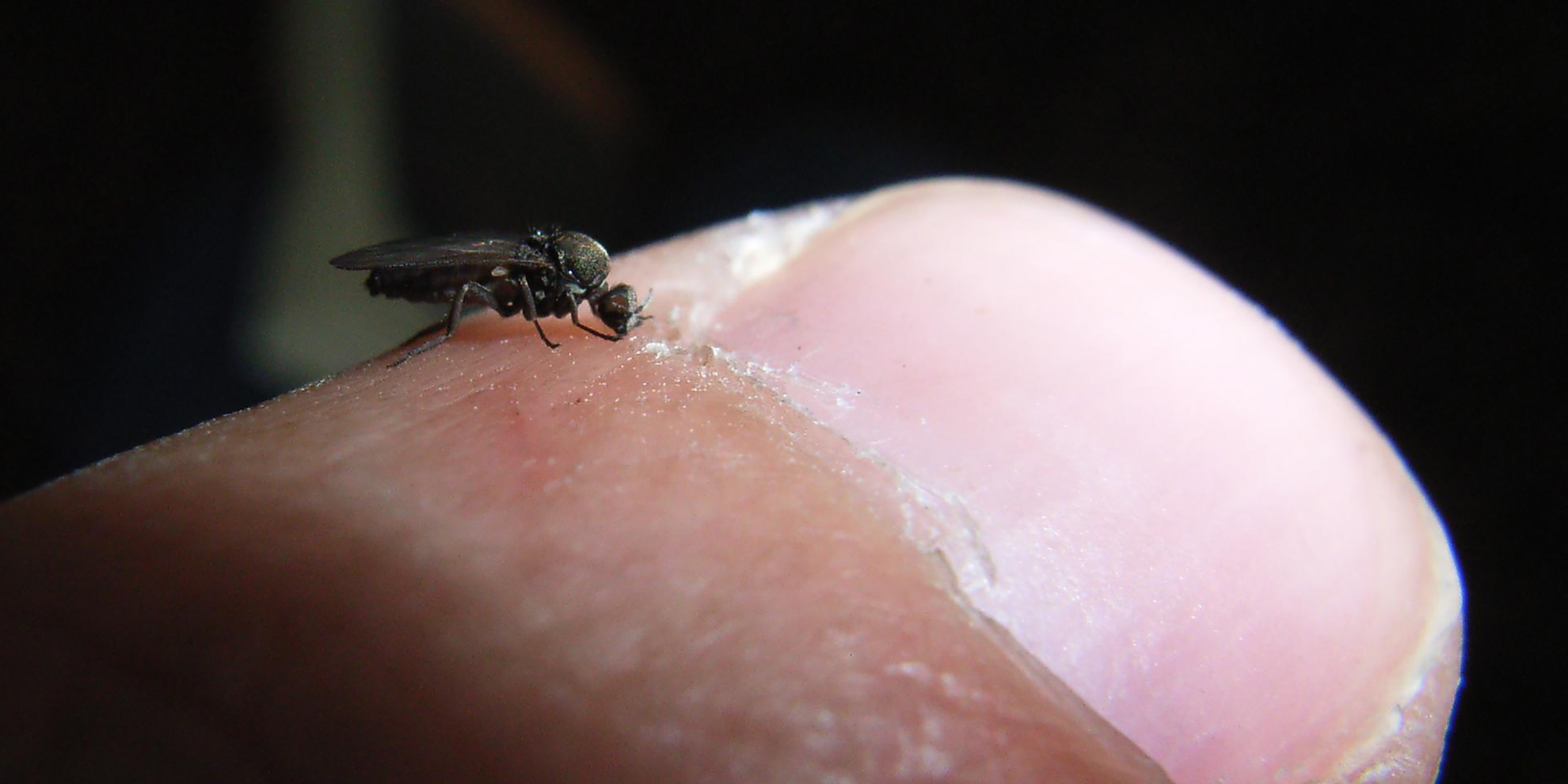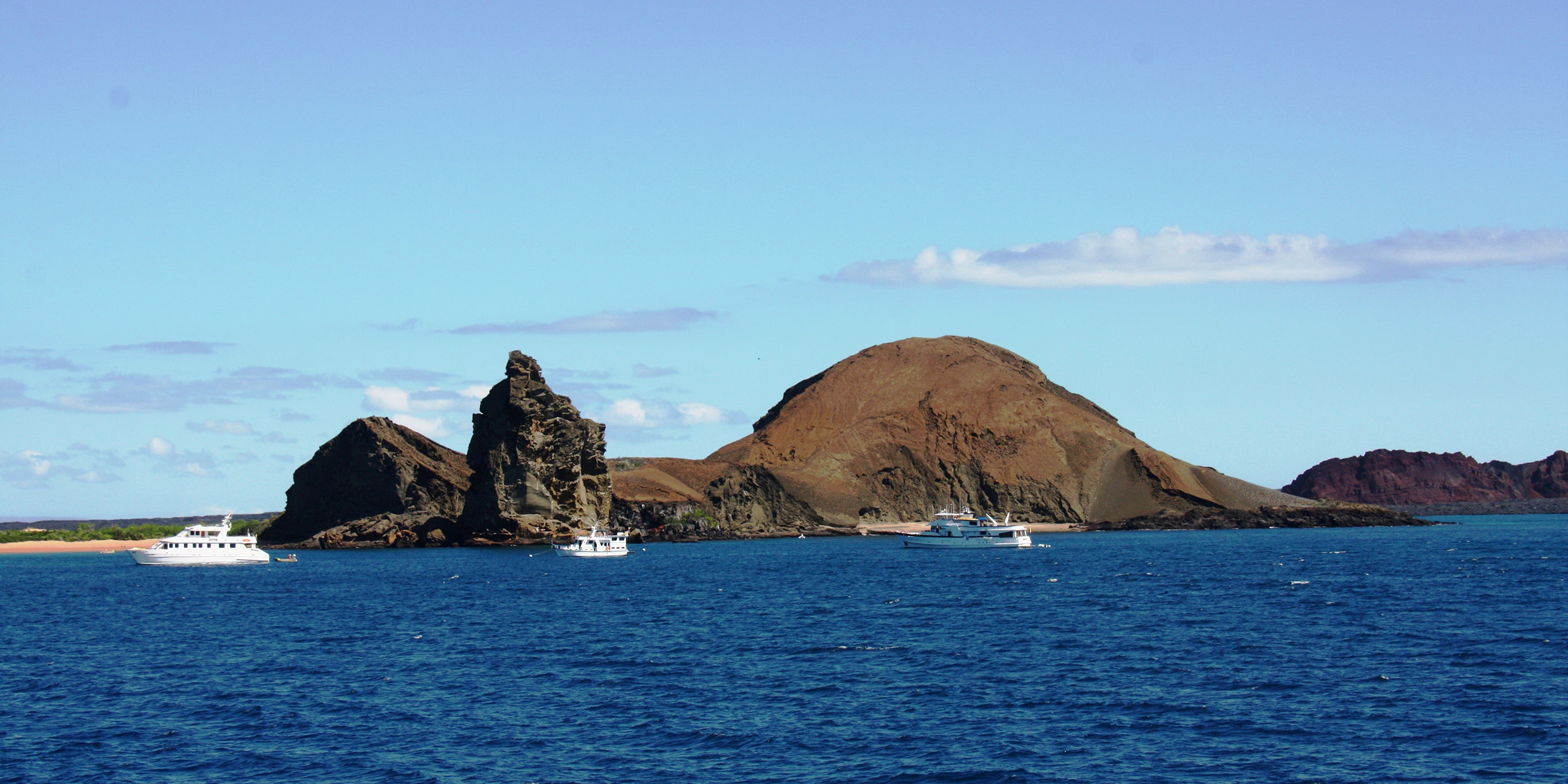In the fall of 2003, I walked across southeastern England along the Prime Meridian, the line of zero longitude. I started at the English Channel, near Brighton, then trekked north until I hit the North Sea, about 185 miles as the crow flies.
Ecology
Taming the wild
Last week’s visit to the Royal Botanical Gardens at Kew in England put me again under the spell of Lancelot “Capability” Brown.
Leaving our print on the landscape
The Florence Griswold Museum in Old Lyme, Connecticut, is one of New England’s hidden treasures. Next time you are driving Interstate 95 between Boston and New York, pop off at Exit 70 and treat yourself to an exhilarating look at early 20th-century American Impressionist art.
Whither champions of the countryside
What are England’s greatest gifts to civilization?
Can’t we all just forget the lawn?
In 1941, when I was 5 years old, my parents built a house in the rural suburbs of Chattanooga, Tennessee. It was the classic American dream house, a two-story modified Cape, with a white picket fence around the backyard, a badminton court, a victory garden, and, of course, a lawn.
Future awaits ethical decisions
The Earth’s biosphere has no more ardent champion than Harvard biologist Edward O. Wilson.
Can we use it all and still have it?
We have no shortage of gurus willing to lead us into the environmental future.
Finding beauty in the beasts
The tropics are a wonderful place to consider our relationship with other species. I mean, you can hardly help it. Things that creep, slither, fly, or crawl invariably show up where you least expect them.
We are poorer for paving paradise
The natural contours of a landscape mean nothing to an 80-ton Caterpillar bulldozer. A stand of trees, an outcrop of granite, or a purling stream can be erased in a trice.
Darwin might have warned us
On Dec. 27, 1835, young Charles Darwin, in the fifth year of his ’round-the-world voyage as naturalist aboard the HMS Beagle, posted a letter to his sister, Caroline, from New Zealand.
